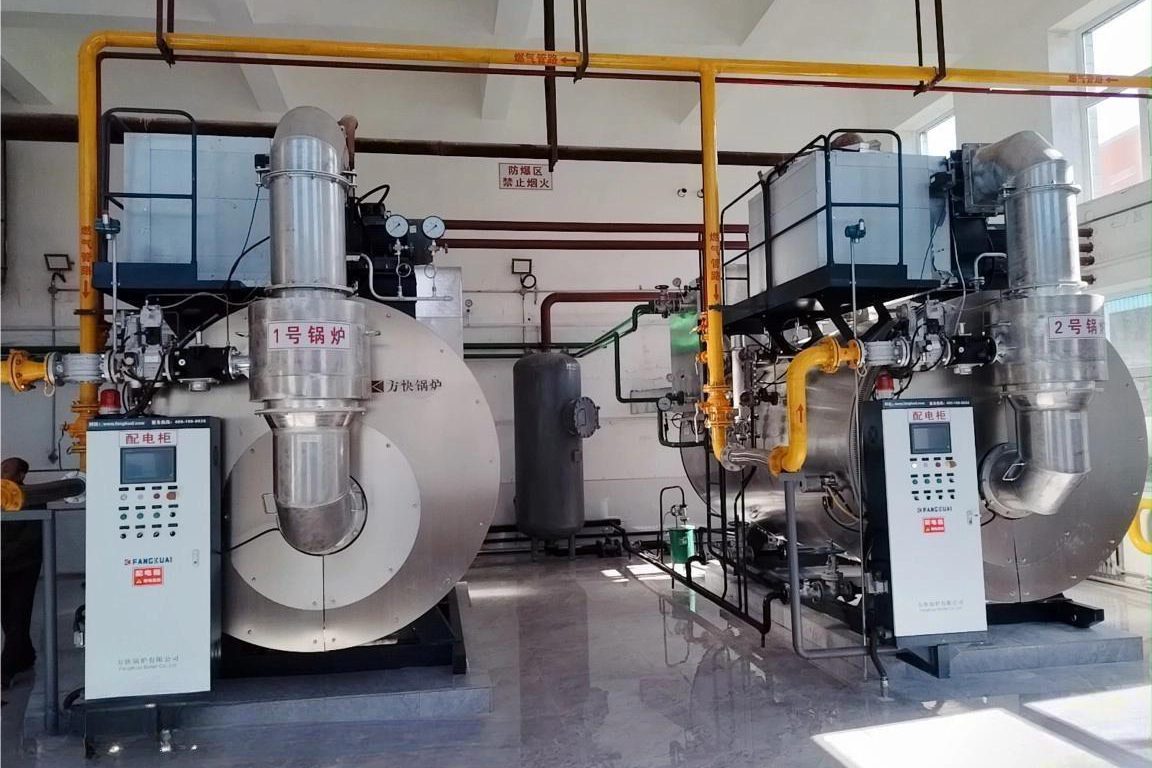Project Introduction
Hebi Hengli Rubber, a major radial tire supplier for commercial vehicles, grappled with erratic steam supply from its 2016-vintage coal-fired boilers during high-demand cycles. The outdated system caused vulcanization temperature swings (±12°C), resulting in 9% tread layer rejects and 22% higher VOCs emissions versus Henan’s 2023 limits. With rubber compounding’s exacting 150-160°C curing requirements and provincial EPA fines exceeding ¥300,000 annually, the plant prioritized a 6t/h θ6-series steam boiler capable of sustaining 1.0MPa steam at ±2°C precision across three-shift operations.
Product Advantages
The θ6-series boiler revolutionizes rubber processing through dual-swirl combustion chambers that achieve 95.4% thermal efficiency – 17% above conventional models – while cutting carbon particulates to 8mg/m³. Its patent-pending “steam pulse” technology injects 6-second steam bursts every 90 seconds, mirroring tire mold pressurization rhythms to prevent air pockets in tread compounds. Crucially, integrated catalytic oxidation modules treat 99.2% of VOCs from sulfur curing agents, reducing emissions from 78mg/m³ to 29mg/m³. The boiler’s all-welded membrane wall structure resists corrosive hydrogen sulfide (H₂S) at 85% humidity, achieving 98% uptime despite Henan’s abrasive coal quality. Real-time vulcanization curve tracking via OPC-UA protocol synchronizes steam output with press cycles, slashing energy waste by 31%.

